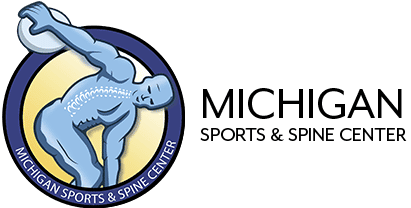Overview
Temporomandibular joint (TMJ) syndrome is pain in the jaw joint that can be caused by a variety of medical problems. The TMJ connects the lower jaw to the skull in front of the ear. Problems in this area can cause head and neck pain, facial pain, ear pain, headaches, a jaw that is locked in position or difficult to open, problems biting, and jaw clicking or popping sounds when you bite.
Causes
Microtrauma (grinding the teeth, jaw clenching)
Macrotrauma (impact to the jaw)
Osteoarthritis
Rheumatoid arthritis
Symptoms
Pain in the facial muscles and jaw joints that may radiate to the neck or shoulders
Muscle spasms
Pain with talking, chewing or yawning
Pain in the TMJ itself or in front of the ear
Headaches, dizziness
Ear pain, ringing in the ears, hearing loss
Clicking, grating, or popping when joints move
Swelling of the face or mouth on the affected side
Jaw locking when wide open
Inability to fully open mouth
Lower jaw deviating to one side
Trouble swallowing
Diagnosis
Physical examination and consultation of medical history
X-rays
CT scan
MRI
Treatment
Anti-inflammatory pain medications
Diet of soft foods
Warm compress and home exercises
Splint or bite plate
Cortisone injections
Flushing out of the joint
Surgery
Source: http://www.emedicinehealth.com/temporomandibular_joint_tmj_syndrome/article_em.htm
